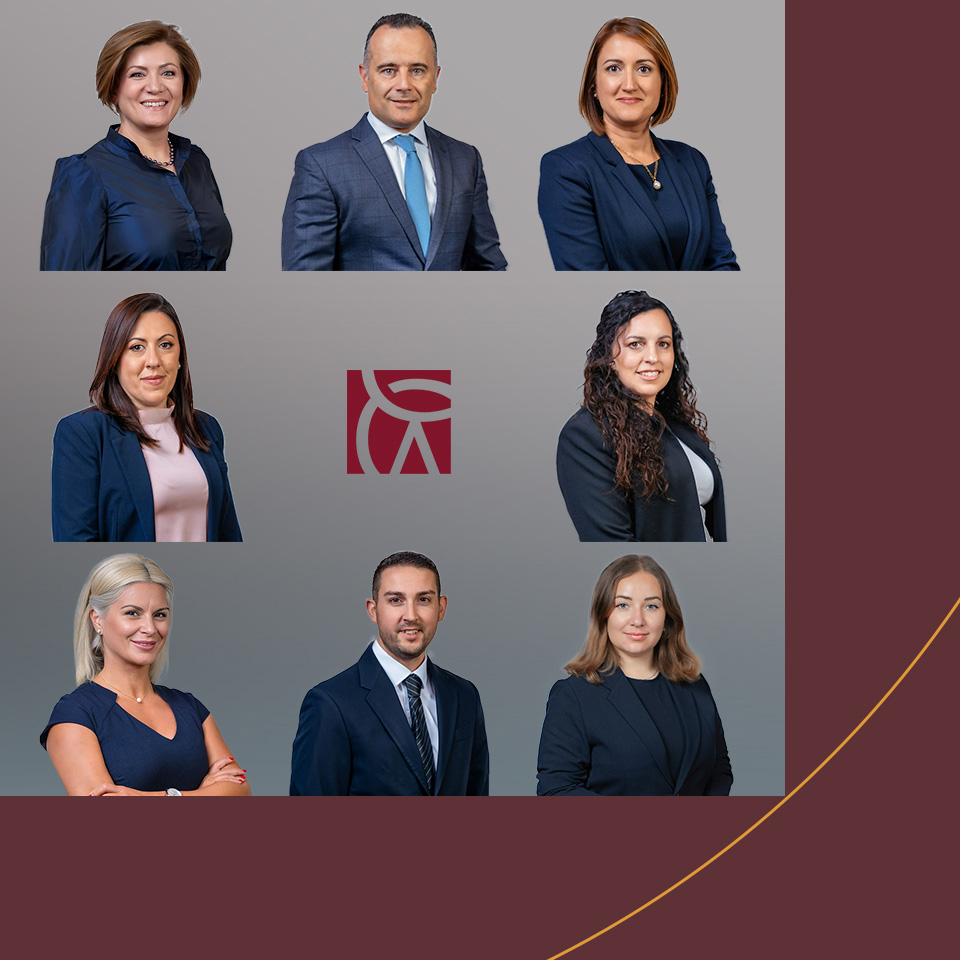A look at investment programmes across Europe and the Caribbean
The success of citizenship and residency investment programmes in 2018 illustrates how high net worth individuals are choosing to invest in a better future for their families.
As the world has become more interconnected, interest in global immigration is steadily increasing and individuals throughout the world are interested in obtaining powerful passports -- particularly ones that grant access to countries in the EU.
In response to this increasing demand, several countries have made amendments to their residency and citizenship programmes with the ultimate goal of increasing efficiency and transparency and attracting investors.
The Malta Citizenship by Investment (CBI) Programme, Cyprus Investment Programme, Portugal Golden Visa Programme, and the Greece Golden Visa Programme are a few of the major residency and citizenship programmes that have made efforts to make the process of obtaining an EU passport safer and more appealing.
Several Caribbean countries have also made similar efforts, including Antigua and Barbuda, Grenada, St. Lucia, St. Kitts and Nevis, and Dominica.
As interest in global immigration continues to rise, it is important to understand the changes that have been made to these programmes and how these changes benefit international citizens.
The Malta Citizenship by Investment Programme
The Malta Citizenship by Investment Programme has generated approximately €1 billion in revenue since its creation and continues to garner interest from individuals throughout the world.
Based on Fifth Annual Report on the Malta Citizenship by Investment Programme, there were a total of 330 applications for the 12 months concluding on June 30, 2018, a quarter of which were turned down. The significant rejection rate indicates the programme’s dedication to its due diligence standards.
In the past, the CBI programme has been criticised for the potential for undesirable individuals to gain citizenship due to liberal acceptance rates. To combat this perception, the Malta CBI Programme has made several changes to its policies.
First, the programme has instituted a rigorous four-tier due diligence system. This process includes checks by private attorneys, the Immigration Police, and the Malta Individual Investor Programme Agency (MIIPA), to ensure applicants are properly vetted.
The Malta CBI Programme has also tightened its eligibility standards, particularly with regard to criminal history. The combination of a multi-level vetting process and stricter standards for entry has predictably resulted in a lower acceptance rate, lending the programme better credibility among EU citizenship programmes.
The Malta CBI Programme has also decided to make public application statistics, including approvals, rejections, and more details about particular investments. Furthermore, the programme has established a code of conduct for professional representatives and agents who work within the system, particularly focused on discouraging misleading marketing.
These measures have helped increase the programme’s transparency, create a safer immigration process, and establish trust with the country’s citizens.
Cyprus Investment Programme
The Cyprus Investment Programme is another increasingly popular service which allows individuals to obtain a Cyprus passport in exchange for a significant investment. Although this passport is a popular option and is very powerful, it recently became the subject of much skepticism as the European Commission stated that selling passports could empower organized crime organizations.
In response, several changes have been made to the programme to help make sure that only trustworthy individuals are approved.
One such change includes raising the investment requirement from 2 million to 2.5 million euros. Additionally, an international agency will scrutinize each application, and individuals who have been rejected by other EU member states will not be approved for a passport.
Caribbean Citizenship Programmes
High net worth individuals continue to choose destinations in the Caribbean as there are a number of attractive CBI programmes which encourage real estate investment and offer citizenship and residency permits.
These programmes began with the St. Kitts & Nevis CBI programme, which was the world’s first CBI programme. This programme was created in order to catalyze economic growth in the island nation by granting immediate citizenship to immigrant investors.
More recently, other Caribbean countries have followed suit, including Dominica, Grenada, Antigua & Barbuda, and St. Lucia. The CBI programmes in Dominica and Grenada tend to be particularly attractive options as they offer visa-free travel to 91 countries and territories.
Portugal Golden Visa Programme
International investors may now receive permanent residency and citizenship in Portugal thanks to the country’s recently introduced Golden Visa Programme.
Since 2012, this programme has granted nearly 7,000 visas -- making it one of the most popular immigration programmes in the world. Individuals may be granted a visa through several methods, including investing in property or by investing in a Portuguese Venture Capital Fund.
In 2018, new investment options were established through Regulatory Decree no. 84/2008. This regulation adds the option of investing in properties built more than 30 years ago or properties located in an urban rehabilitation area in order to qualify for citizenship.
Greece Golden Visa Programme
Greece’s Golden Visa Programme is another recently established programme meant to help interested investors obtain Greek Citizenship status.
This programme saw a significant increase in popularity in 2018, demonstrated by the upward trend in visas granted--from 560 in 2017 to nearly 1,500 in 2018.
In response to this recent increase in popularity, Greece has implemented several measures to make their programme safer and reduce scepticism. These changes include a ban on transactions made via POS systems and the requirement that investors pay 250,000 euros to a credit institution operating in Greece or via credit transfer to an account in Greece.
Conclusion: Residency and Citizenship Programmes
The increasing popularity of CBI and Golden Visa programmes in 2018 demonstrates the rising interest in global immigration for high net worth individuals and the demand for powerful passports. CBI programmes create fantastic opportunities for economic growth while providing international investors with a path to obtain residency and citizenship in countries throughout the world.
As these programmes have become more popular, they have also become the subject of increased scrutiny and scepticism. To combat this scepticism, host nations have made a number of positive changes to their policies which have increased transparency and safety. These actions show that the governments in these countries are dedicated to establishing trustworthiness and creating a safe immigration process.
Copyright © 2025 Chetcuti Cauchi. This document is for informational purposes only and does not constitute legal advice. Professional legal advice should be obtained before taking any action based on the contents of this document. Chetcuti Cauchi disclaims any liability for actions taken based on the information provided. Reproduction of reasonable portions of the content is permitted for non-commercial purposes, provided proper attribution is given and the content is not altered or presented in a false light.




